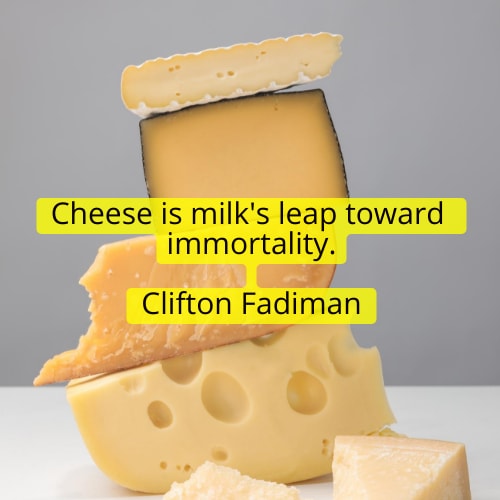British farmers are in crisis: for many, it’s a choice between scaling back
“If I passed on all the costs we have now, our strawberries would be as expensive as caviar,” farmer Bal Padda says, coughing; he, like so many of us this winter, is suffering a brutal cold. Unlike most of us, however, the Worcestershire-based strawberry grower continues to venture out outside to work. Next to spiralling production costs and dwindling labour supplies, a sore throat is the least of his worries.
British farmers and growers are facing an “emergency situation”, according to the National Farmers’ Union, and producers like Padda are facing a stark Hobson’s choice: scale back production in order to make ends meet, or sell up and seek employment elsewhere.
The result? Food shortages, which are expected to hit an array of supermarket products – everything from cheese to cucumbers and tomatoes – over the coming months.
What this means for consumers is that you might have to pay more, or shop around for your favourite products. Many retailers and their customers already have been affected: as early as October, customers were reporting shortages in Aldi on Facebook, and earlier this month Mumsnet mums piled on to a thread complaining about supermarkets’ “permanently low stock”, which was forcing them to scout several supermarkets simply to get their essentials.
In March 2022 many salad growers were unable to seed because of the soaring cost of energy and fertiliser; now that shortage is being seen on the shelves.
In December, the NFU President Minette Batters called an emergency press conference warning that the empty egg shelves we saw in the run up to Christmas were just the beginning.
Avian flu, she said, was being used as a scapegoat, allowing major retailers to distract customers from their refusal to pay farmers a sustainable price for their eggs. The real reason eggs were – and still are, to some extent – proving so elusive in supermarkets was that, faced with input costs that were rocketing far faster than any price…
..


